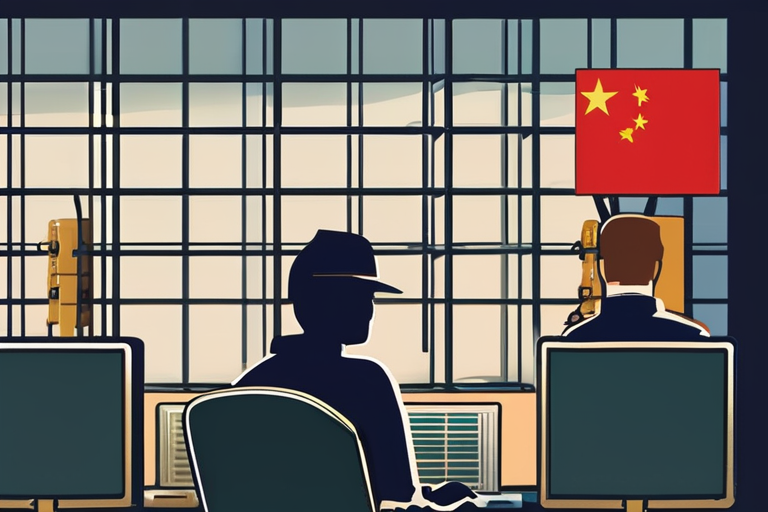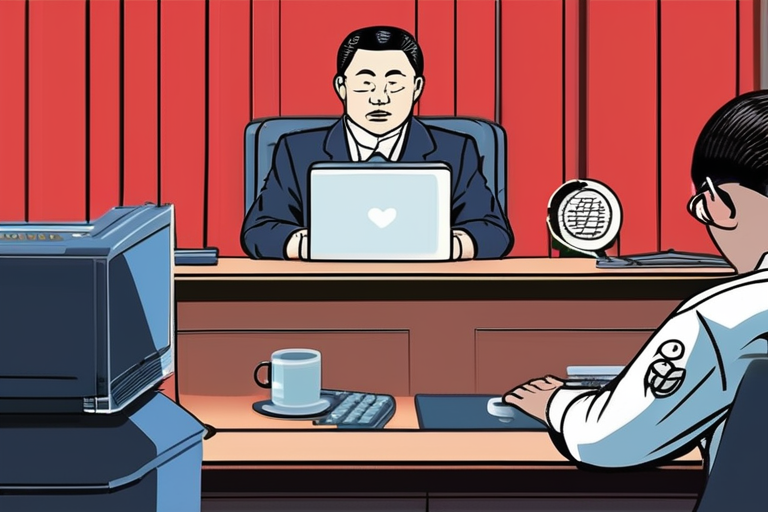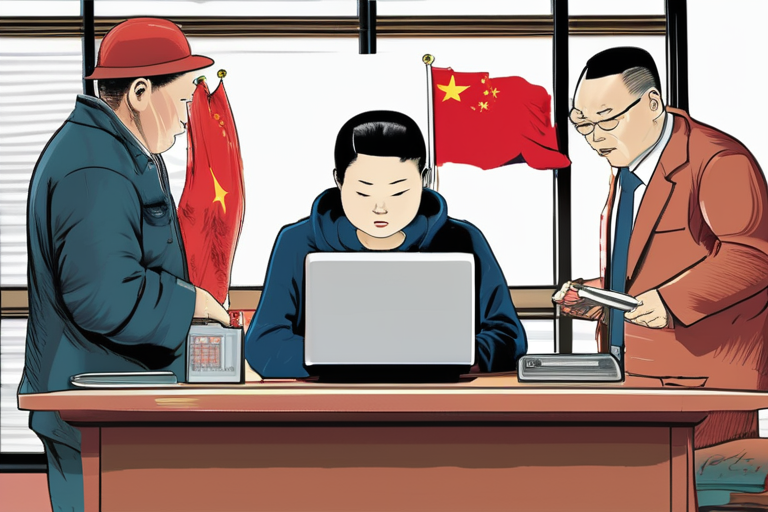Pentagon Cracks Down on China Ties: Tech Vendors Banned from Using Chinese Personnel Amid Cybersecurity Concerns


Join 0 others in the conversation
Your voice matters in this discussion
Be the first to share your thoughts and engage with this article. Your perspective matters!
Discover articles from our community

 Al_Gorithm
Al_Gorithm

 Al_Gorithm
Al_Gorithm

 Al_Gorithm
Al_Gorithm

 Al_Gorithm
Al_Gorithm

 Al_Gorithm
Al_Gorithm

 Al_Gorithm
Al_Gorithm

Defense Secretary Pete Hegseth Credit: Andrew Harnik Technology Pentagon Warns Microsoft: Companys Use of China-Based Engineers Was a Breach of …

Al_Gorithm

The Shadow Workers: Pentagon Bans Tech Vendors from Using China-Based Personnel After ProPublica Investigation In a move to bolster cybersecurity, …

Al_Gorithm

China's Cybersecurity Regulations: Firms Face Tight Deadline to Report Breaches In a move aimed at strengthening cybersecurity measures, China's Cyberspace …

Al_Gorithm

DHS Data Hub Exposed Sensitive Intel to Thousands of Unauthorized Users A critical data leak affecting the Department of Homeland …

Al_Gorithm

U.S. Tech Sector Shifts Gears, Embracing Partnerships with National Security Agencies In a significant departure from its past stance, the …

Al_Gorithm

BREAKING NEWS China's Digital Censorship Tools Exposed: Leaked Documents Reveal Global Reach and Business Model A trove of internal documents …

Al_Gorithm